Artifact of Inevitability
A Glance Through the Glass
You stand at the edge of the Kanlidivane chasm, where the air smells of dust and eternity. A sixty-meter-deep void gapes like a black hole of time, swallowing everything—screams of the executed, the tread of Roman sandals, the whispers of prayers to Zeus Olbios. And there, on the rough limestone wall, they are carved—six figures. A family. Their stone-frozen faces peer through you, as if you’re merely a shadow and they are eternity. This isn’t just a relief. It’s a tear in reality, where the past brushes your shoulder and murmurs, “You, too, will vanish.”
Kanlidivane, this bloody divan, isn’t for the faint-hearted. Here, in the heart of Cilicia, time isn’t a line but a spiral. You fall into it, staring at these six figures, feeling your inner GPS glitch. Who are they? Why are they here? Their silence is like the sound of a modem disconnecting in the ‘90s: deafening, yet empty. You want to ask, but the stone doesn’t answer. It simply is.
Matter and Myth
The family relief isn’t an artifact you can tuck under your arm. It’s carved into the limestone, deep in the Kanlidivane chasm, where light hesitates to linger. I–II century CE, Roman period, Cilicia at its zenith. Six figures, likely a family—men in tunics, women in pallae, perhaps children—stand in solemn stillness. Size? You’d have to ask at the Mersin Archaeological Museum. Inscriptions? There might have been some, but time’s a ruthless vandal.
The relief’s origin is like code without documentation. Archaeologists speculate: a memorial for a wealthy family? Priests of the Zeus Olbios temple nearby? Or just local aristocrats shouting into eternity, “We were here”? The limestone stays silent, but facts whisper: this isn’t mere decor. It’s an anchor, holding memory steady in the chaos of centuries.
Myth weaves into matter like a neural network into data. They say the Kanlidivane chasm was a place of executions, where blood flowed like wine at a feast. The relief might have been more than a memorial—perhaps a warning: “Don’t touch us, or Zeus will judge.” An inscription on a nearby relief in the chasm—a fine of 1,000 drachmas for damage—confirms: these people knew the price of eternity.
The Eye of the Past
Picture them. The father, maybe an olive oil merchant whose ships plied the Mediterranean. The mother, draped in a palla, with eyes that watched sunsets over Cilicia. Their children—two sons dreaming of glory in Rome, and daughters whose names dissolved in the sand. They lived, laughed, argued over dinner, until death called them to the chasm. Or perhaps they weren’t a family but a priestly clan serving Zeus Olbios, their rituals filling the air with smoke and whispers.
Their lives are a reconstruction, like a VR simulation. We don’t know their names, but we can see their shadows. They commissioned the relief to endure. Not for us, but for the gods. Or for themselves. In the I century CE, Cilicia was alive: Roman legions, Greek traders, local clans vying for power. This family might have been at the heart of intrigues, like characters in a series where each season brings a new emperor. Their relief is their tweet to eternity, liked by time itself.
But what did they feel, standing before this stone? Pride? Fear? Or just exhaustion from a world where everything—from olives to gods—was a commodity? We don’t know. We see only their silhouettes, frozen like a glitch in reality’s code.
Legacy in Dust
The relief isn’t just stone. It’s a mirror reflecting our obsession with immortality. We build skyscrapers, write code, launch rockets, but it’s all dust compared to such artifacts. These six figures outlasted empires, wars, plagues. They saw Rome fall, Byzantines build basilicas, Seljuks march through Cilicia. They watched us, 21st-century tourists, snap photos with smartphones that’ll be dead in two years.
The relief’s philosophy lies in its silence. It doesn’t beg for attention or boast of its greatness. It simply exists, like a black hole absorbing meaning. We gaze at it and see ourselves: temporary, fragile, obsessed with leaving a mark. But the mark is already made, and it’s not ours. It’s theirs. Their victory.
In a world where everything—from memes to rockets—vanishes faster than you can blink, the family relief is a challenge. It says: “I was here when your gods were unborn. I’ll be here when your servers burn.” This isn’t just an artifact. It’s proof that time isn’t always our master. Sometimes, it’s our audience.
How Did We Get Here?
The family relief is in the Kanlidivane chasm, at the heart of the archaeological site in Erdemli, Mersin Province, Turkey (coordinates: ~36.528°N, 34.178°E). To see it, visit the site, which is open to the public. Operating hours: typically 8:00 AM to 5:00 PM, extending to 7:00 PM in summer.
You can reach it from Mersin (50 km) or Silifke (60 km) by car or bus to Erdemli, then to Kanlidivane. Nearby are remnants of the Zeus temple, Papila’s tower, and cisterns—a labyrinth of time.
For more, visit the Mersin Archaeological Museum (where a replica of the relief is housed) or the Silifke Museum. They may hold smaller finds from Kanlidivane—pottery, coins—but the relief itself stays in the chasm. It’s not for display cases. It’s for those willing to descend into the abyss.
#VoiceOfRuins, #Archaeology, #Cilicia, #RomanPeriod, #MysteriesOfThePast, #Kanlidivane, #FamilyRelief, #Chasm, #ZeusOlbios, #Eternity, #Memory






Our Telegram-channel: Voice Of Ruins https://t.me/Voice_Of_Ruins
Instagram: Voice Of Ruins https://www.instagram.com/voiceofruins/
Our group on Facebook: Voice Of Ruins https://www.facebook.com/share/g/16aitn9utM/
Our site: Voice Of Ruins https://www.voiceofruins.org

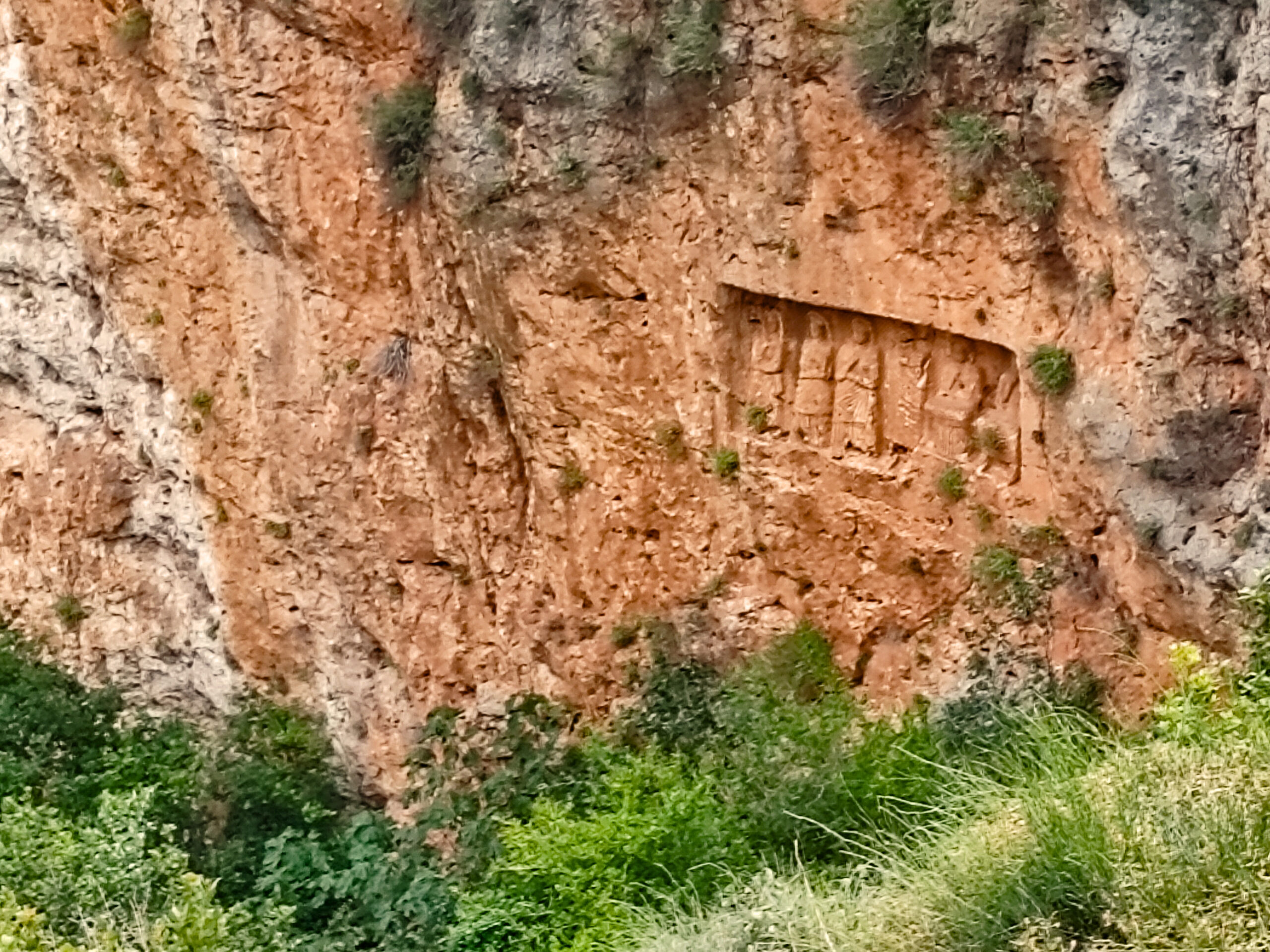
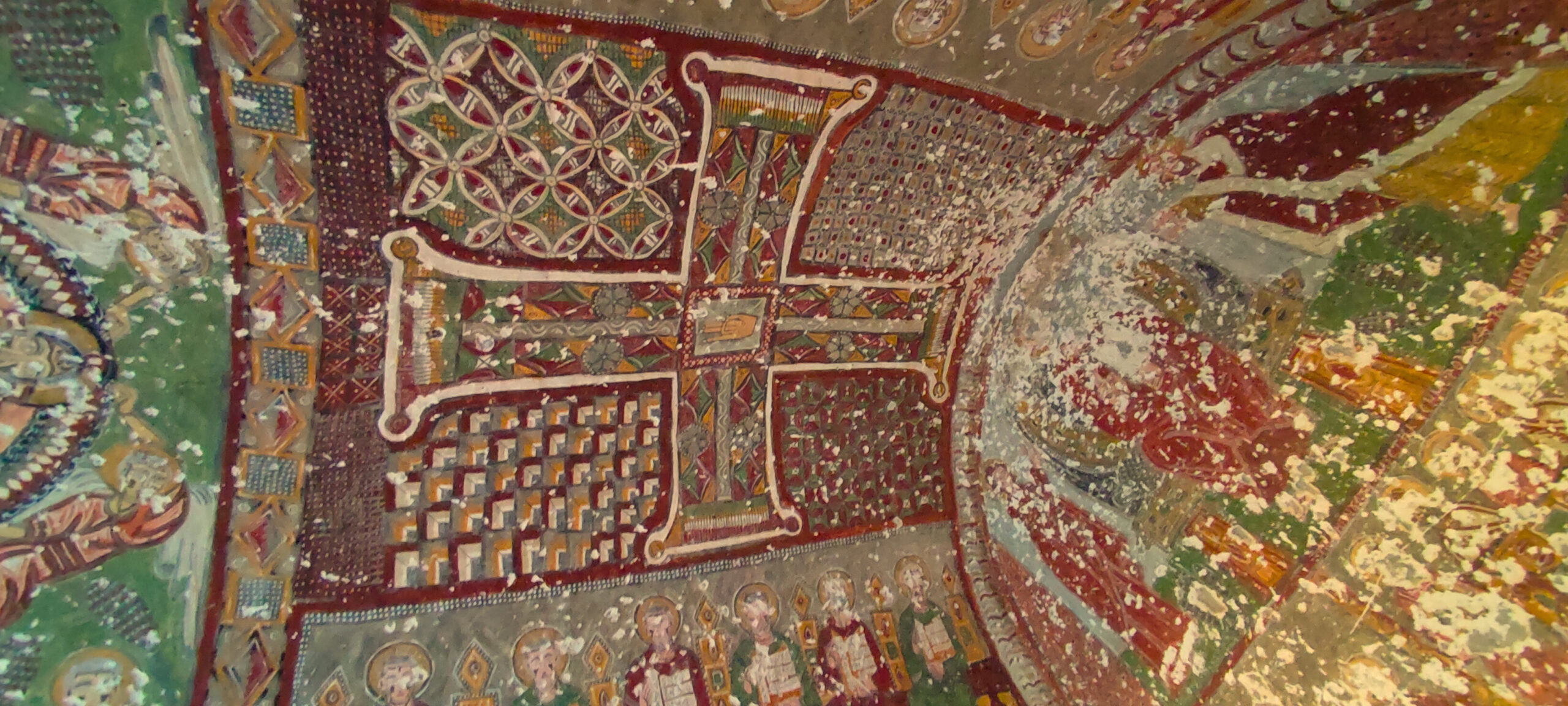
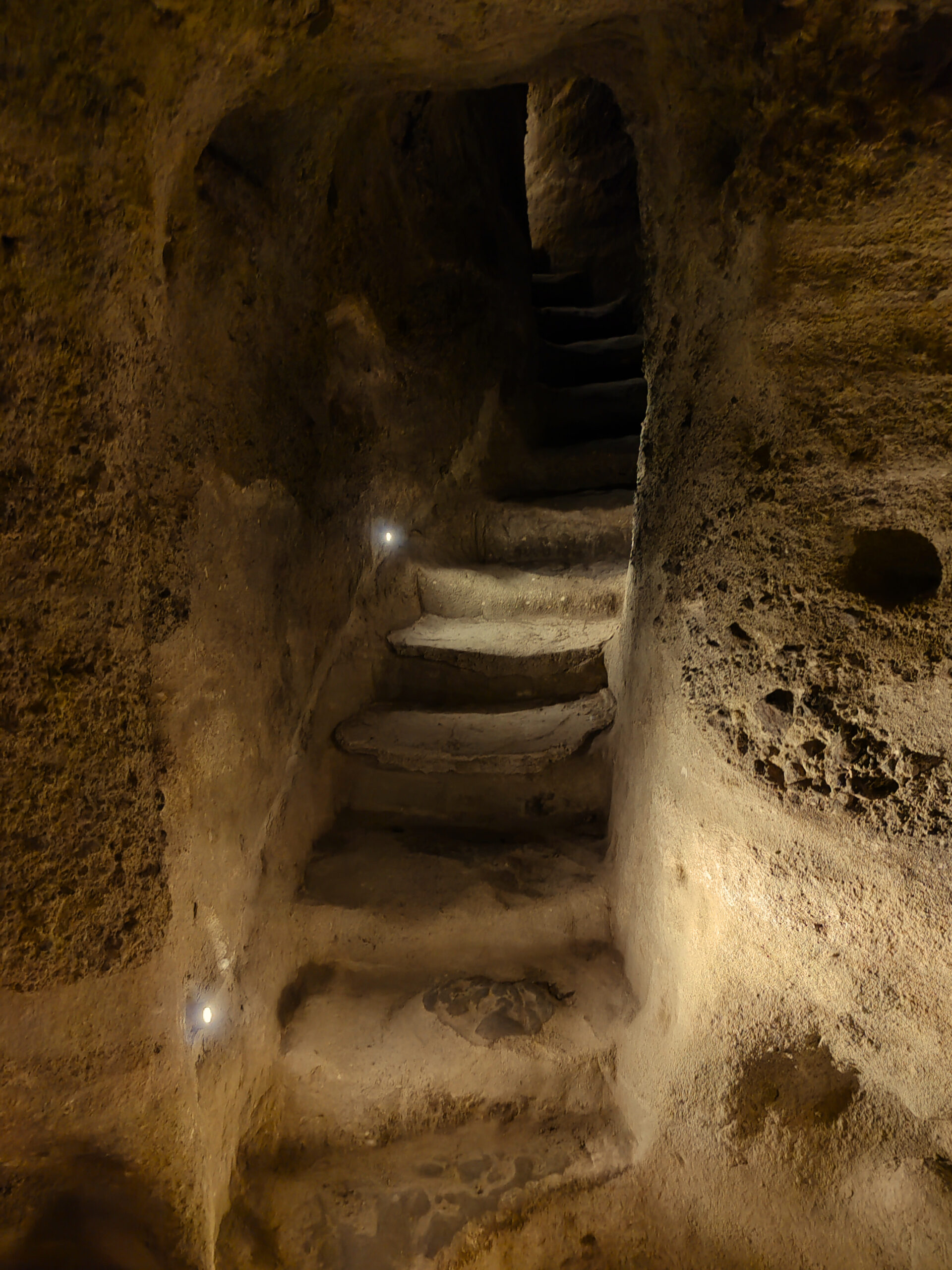
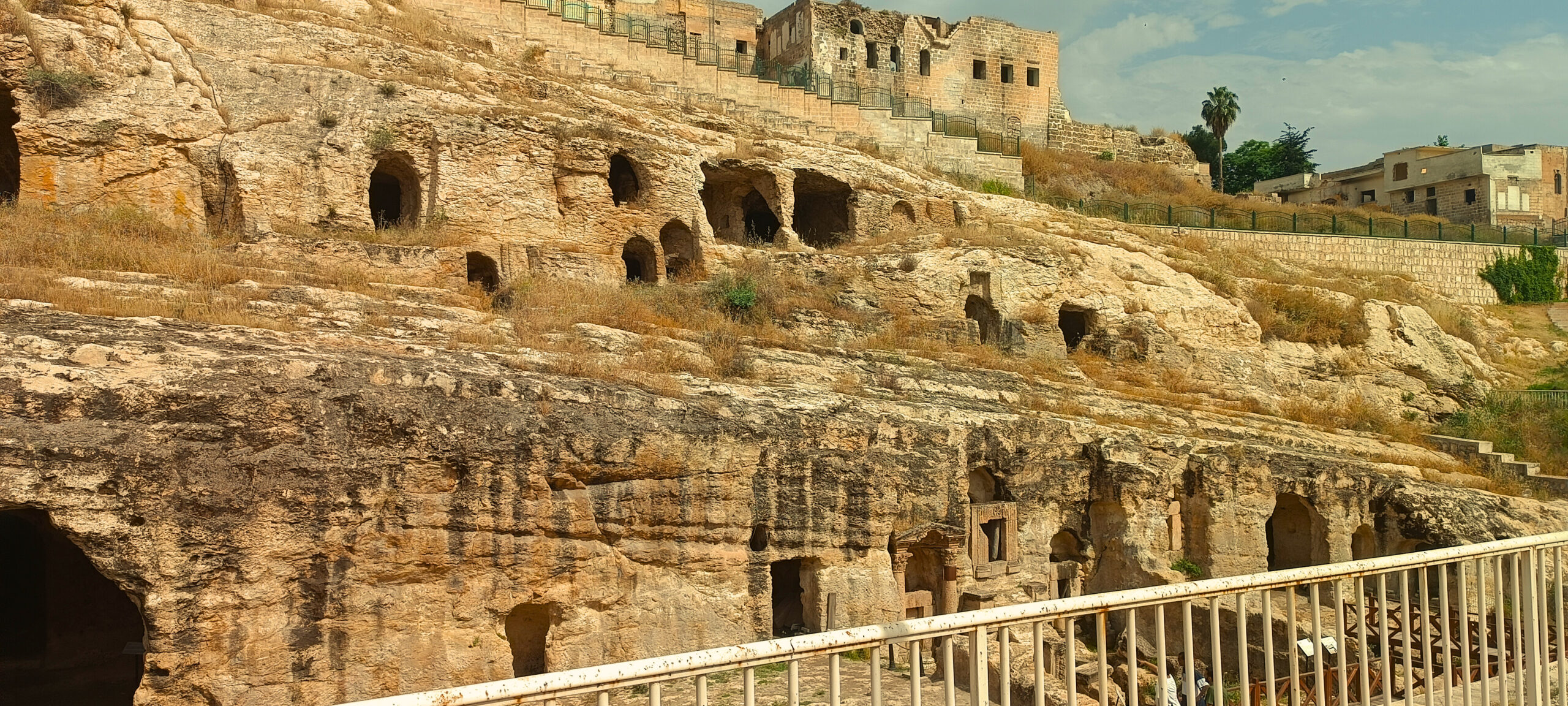
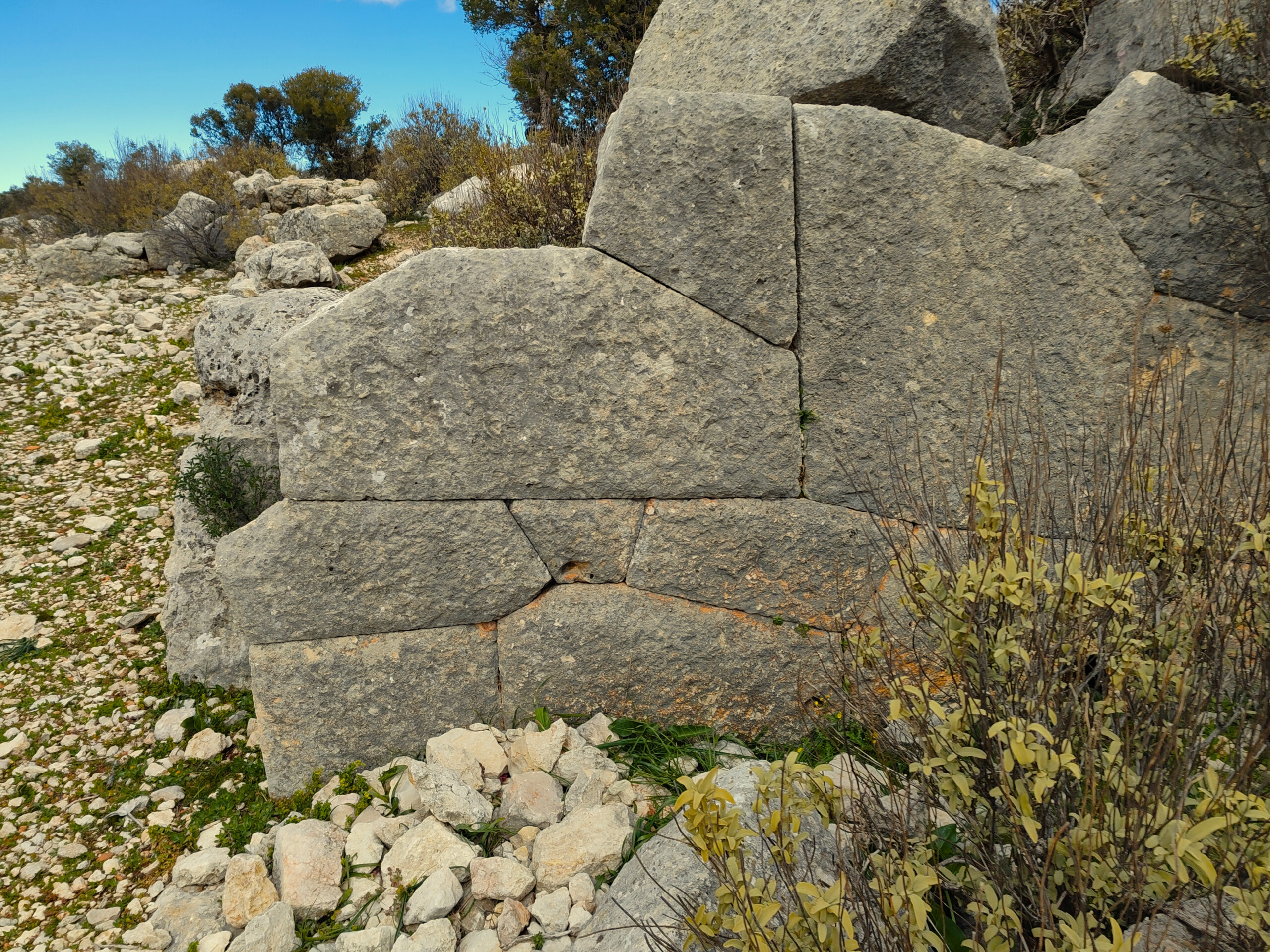
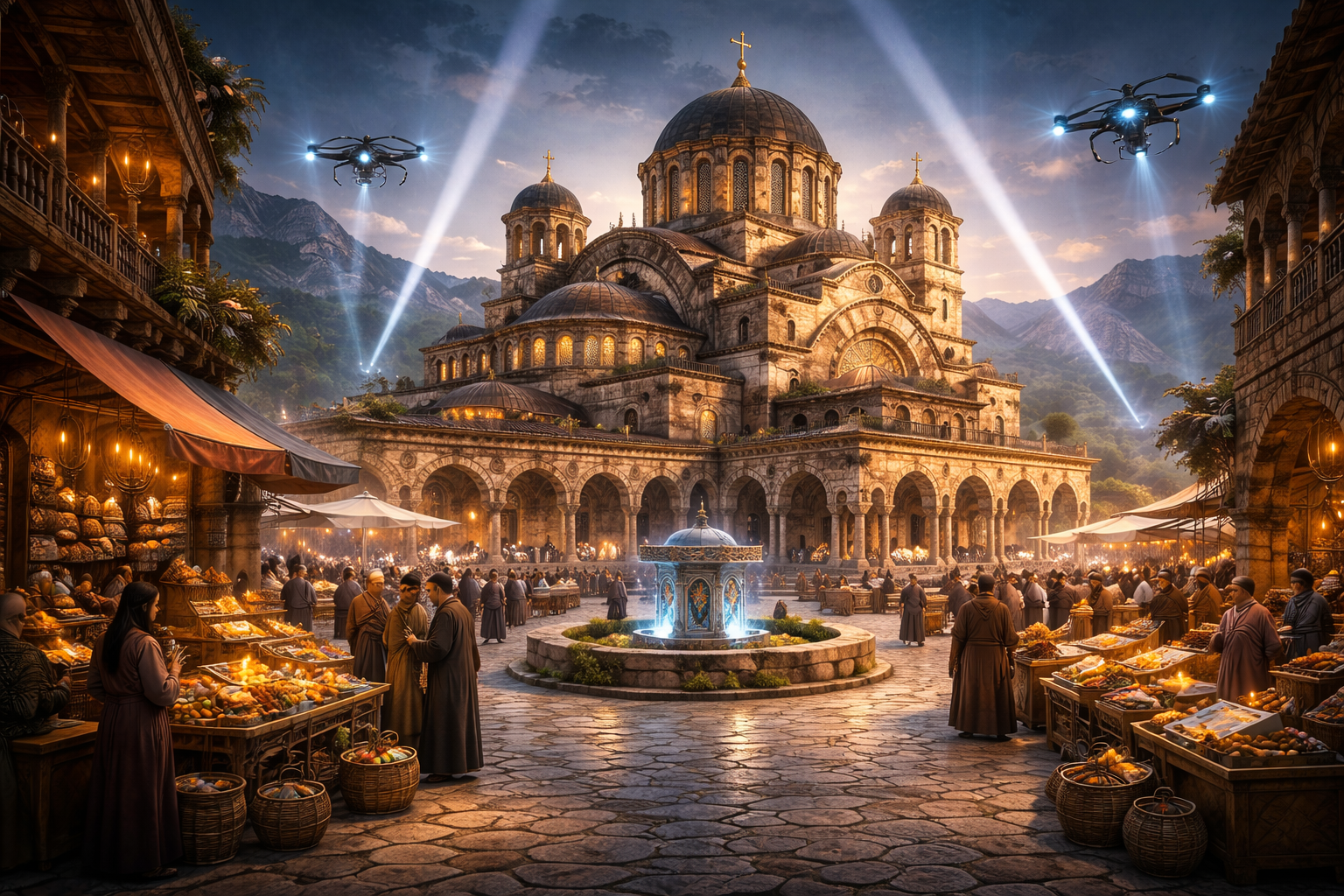


Leave a Reply